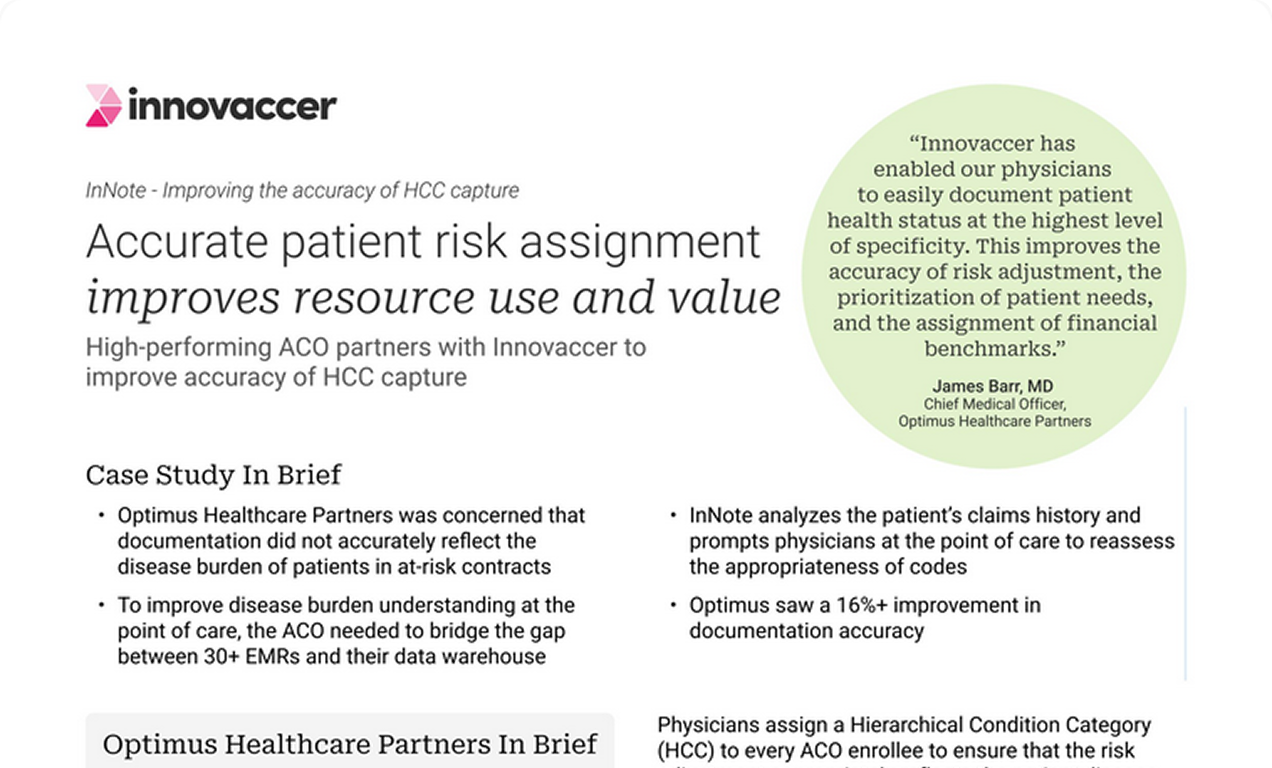The growing demand for digital healthcare to improve patient engagement

The ongoing struggle to contain and treat the COVID-19 pandemic has accelerated the shift toward patient-centered care models and increased the need for a cohesive digital strategy to track patient journeys. According to a survey, in this “new normal,” 60% of patients would like to continue to use technology to communicate with their providers. While 44% of them began using new devices and apps to manage their conditions remotely, 47% reported that the experience was more personalized.

With 85% of healthcare organizations willing to invest in building a digital front door to improve patient engagement, the strategy has become key to meeting patient demands, improving operational efficiencies, and enhancing the practice performance. The strategy connects patients with providers and gives them a sense of control over their care with digital tools and services.
In a recent survey, we found that about 64.3% of organizations would like to adopt digital modes of patient engagement to improve patient loyalty while emphasizing personalized care. The pandemic has increased the demand for virtual access to care, but some patients are still wary of technology. A good digital experience is a key to a positive patient experience with providers.


Many healthcare organizations use third-party vendors for different services and functions, and the fragmented user experience leaves patients unsatisfied. Patients need a comprehensive, state-of-the-art patient portal to improve their care experience.

An effective patient relationship management strategy reorients the healthcare’s focus on meeting patient needs while offering tangible benefits to them and creates a centralized data source to manage information from different data streams, including communications, analytics, and other patient interactions.
By emphasizing patient relationship management, healthcare providers can move beyond treating illness to facilitating proactive care through productive, long-term relationships with patients. A comprehensive healthcare CRM system can:
- Keep patients at the center of care: Healthcare organizations generally lack insights and data on patients at risk for poor outcomes. With a healthcare CRM solution, care teams can pinpoint whether specific patients require reactivation or different engagement methods to help them stay on course. This feature is particularly important for patients with chronic diseases. With healthcare CRM, providers can guide patients to make the lifestyle changes they need to manage their condition.
- Boost patient satisfaction: Patients go to a different healthcare provider if they aren’t pleased with their experience, resulting in an average annual loss of $100 million in revenue for a hospital.
By engaging with patients throughout their care journeys, care teams can boost patient satisfaction and outcomes. It also garners high Hospital Consumer Assessment of Healthcare Providers and Systems (HCAHPS) scores to increase accountability and transparency of care quality in return for public investment.
- Increase interoperability: Only a few American hospitals can interact with other medical systems to find patient records, securely send them to other medical institutions electronically, receive new patient data, and merge that data with the patient’s electronic health record (EHR). CRM systems are standardized and compatible with EHRs to aid communication while reducing network leakages.
- Improve community relations: Targeted outreach campaigns can be rapidly developed and sent to community members to promote new services and educational offerings. Donors can be informed about fund usage or fundraising campaigns. Communications with community members and financial donors can be automated to enhance efficiency and improve results.
- Streamline billing processes: With a CRM system in place, healthcare organizations can use the platform to collect and update payment details for future transactions to improve billing processes.
- Enhance patient outreach programs: CRM systems can enable organizations to segment patients into distinct target groups to send marketing collateral and relevant medical information between visits. Systems can also send appointment reminders to patients or inform them about general health and wellness issues.
A patient CRM acts as a medical records portal, patient tracking system, marketing platform, and workflow automation center tailored to fit the specific needs of healthcare organizations. Innovaccer’s Patient CRM solution is a comprehensive suite of tools that provides holistic patient engagement by supporting three critical aspects of the digital front door.

To learn how a system-wide customer relationship management strategy can facilitate improved patient engagement, get a demo.
For regular updates, subscribe to our newsletter.


.png)






.avif)









.svg)
.svg)

.svg)

